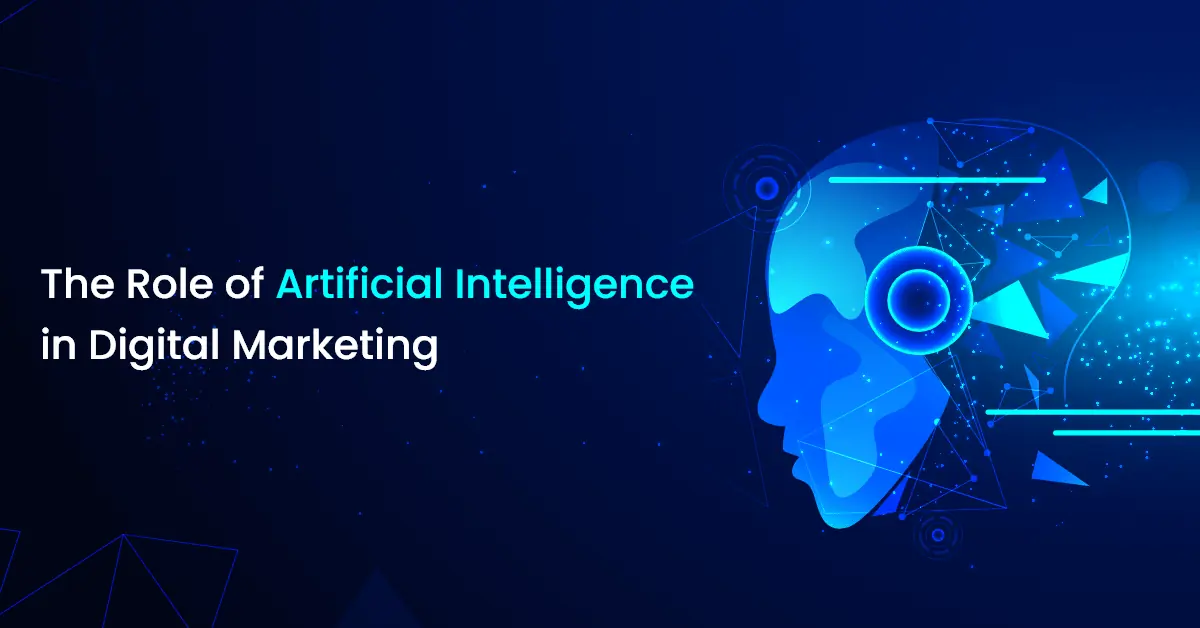In 2025, the digital marketing landscape is being revolutionized by Artificial Intelligence (AI), allowing businesses to deliver hyper-personalized experiences to their customers like never before. From chatbots to predictive analytics, AI tools are transforming how brands connect with their audiences, making personalization at scale not just a possibility, but a necessity. Here’s how AI is reshaping digital marketing and why businesses need to adopt these technologies to remain competitive.
- Chatbots: The 24/7 Customer Service Revolution
AI-powered chatbots have become a cornerstone of customer engagement. These intelligent assistants can handle inquiries, resolve issues, and even recommend products—all in real-time. For example, businesses can use chatbots to provide instant support, ensuring seamless communication and improved customer satisfaction.
- Predictive Analytics: Anticipating Customer Needs
AI-driven predictive analytics allows businesses to analyze vast amounts of data to forecast customer behaviour. By understanding trends and preferences, companies can tailor their marketing strategies to meet individual needs. For instance, predictive analytics can identify which products a customer is likely to purchase next, enabling targeted campaigns that drive conversions.
- Dynamic Content Personalization
AI enables the creation of dynamic content that adapts to each user’s preferences and behaviour. Whether it’s personalized email campaigns, customized website experiences, or tailored social media ads, AI ensures that every interaction feels unique. Businesses can leverage AI to create websites that dynamically adjust content based on user demographics, location, and browsing history.
- Programmatic Advertising: Precision Targeting
Programmatic advertising uses AI to automate ad buying and placement, ensuring that ads reach the right audience at the right time. This not only improves efficiency but also maximizes return on investment (ROI). For example, businesses can use programmatic advertising to deliver highly targeted ads, ensuring better engagement and higher conversion rates.
- Voice Search Optimization
With the rise of voice assistants like Alexa and Google Assistant, optimizing for voice search has become crucial. AI helps businesses understand natural language queries and tailor their content accordingly. Companies can use AI to optimize their websites for voice search, ensuring they rank high in voice search results.
- Sentiment Analysis: Understanding Customer Emotions
AI-powered sentiment analysis tools can analyze customer feedback, reviews, and social media posts to gauge public opinion about a brand. This helps businesses address concerns and improve their offerings. For instance, sentiment analysis can refine campaigns to ensure they resonate with the target audience.
- HyperPersonalized Email Marketing
AI can analyze customer data to create highly personalized email campaigns. From subject lines to product recommendations, every element of the email can be tailored to the recipient. This level of personalization increases open rates, clickthrough rates, and overall engagement.
- AIDriven SEO and SEM
AI is transforming SEO and SEM by providing insights into keyword trends, optimizing content, and predicting search engine algorithm changes. Businesses that leverage AI for SEO and SEM can stay ahead of the competition and ensure their content ranks high on search engines.
Why Businesses Need to Adopt AI in Digital Marketing
Enhanced Customer Experience: AI enables businesses to deliver personalized experiences that build loyalty and trust.
Improved Efficiency: Automation reduces manual effort, allowing marketers to focus on strategy and creativity.
DataDriven Decisions: AI provides actionable insights that help businesses make informed decisions.
Competitive Edge: Early adopters of AI gain a significant advantage in the crowded digital marketplace.
Conclusion
In 2025, AI is no longer a luxury; it’s a necessity for businesses that want to thrive in the digital age. From chatbots to predictive analytics, AI tools are enabling hyper-personalized marketing campaigns that drive engagement and conversions. Businesses that embrace AI in their digital marketing strategies will be better positioned to meet customer expectations and achieve long-term success.

